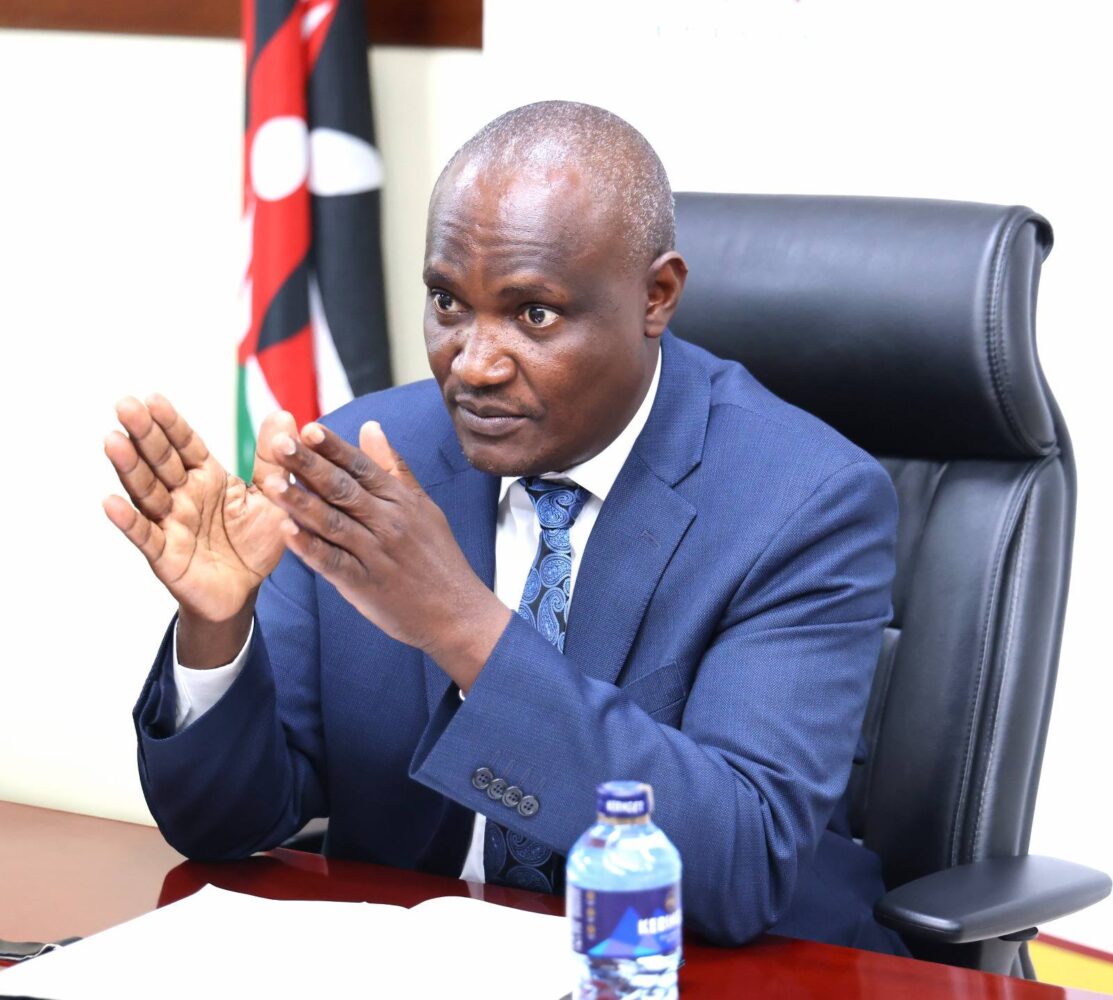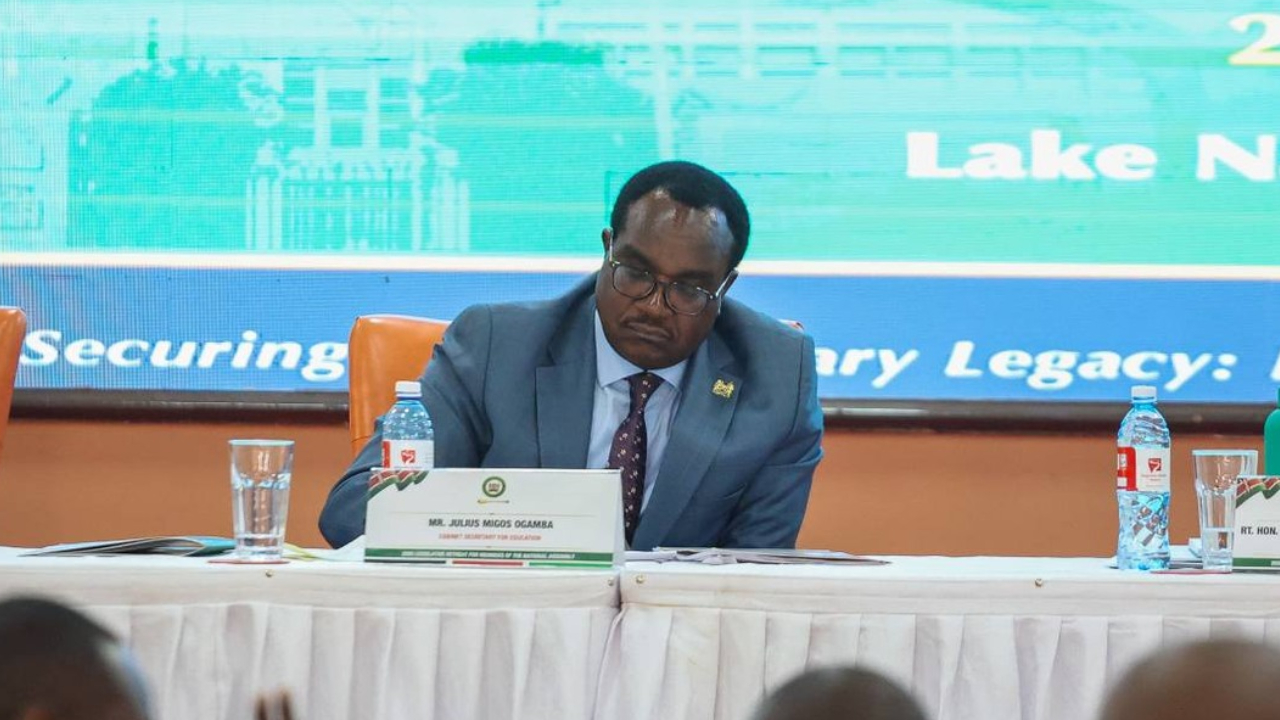The High Court has handed the government a major setback after suspending the compulsory use of the Electronic Government Procurement System (e-GPS).
In her ruling, Justice Bahati Mwamuye declared that public entities are free to submit and receive tender documents either electronically or manually, provided they comply with the Public Procurement and Disposal Act.
The court further directed the National Treasury and the Public Procurement Regulatory Authority (PPRA) to process both manual and electronic submissions equally.
The case was filed by Issa Elanyi Chamao, Patrick Karani Ekirapa, Paul Ngweywo Kirui, the International Legal Consultancy Group Ltd, and the Council of Governors through lawyer Peter Wanyama
In their urgent application, the petitioners sought to suspend Circular No. E04/2025,issued by the Cabinet Secretary for the National Treasury and the PPRA, which had directed all public procurement entities, including county governments, to adopt the e-GPS platform exclusively.
The petitioners argued that while e-procurement is a progressive idea aligned with international trade best practices, its rollout in Kenya should respect the Constitution and local realities, particularly poor internet connectivity in rural areas where many county governments operate.
They told the court that the system had been rushed into implementation without adequate consultation, regulatory framework, or phased rollout.
They also warned that the directive had already disrupted essential county-level procurements, especially in the health sector, since no county had been able to upload their 2025/2026 budgets onto the system.
The petitioners are asking the court to suspend the mandatory use of e-GPS and the Treasury circular for 18 months to allow remedial measures which include, drafting a clear regulatory framework to govern the system, holding consultations with county governments, ensuring public participation, and adopting a phased implementation plan.
The application is supported by affidavits from Mary Mwiti and Issa Elanyi Chamao who emphasized that public procurement is a crucial economic activity, accounting for a significant share of the national GDP.
They argued that efficient procurement translates into improved public services such as schools, textbooks, and healthcare facilities. For this reason, procurement decisions by government officers, including the Cabinet Secretary for the National Treasury, must strictly adhere to the law.
The petitioners further pointed out that Kenya’s public procurement landscape has evolved significantly since the early 2000s due to budget constraints, demands for transparency, and the push for efficiency.
They noted that procurement policies are also increasingly being used to achieve socioeconomic goals, making the system more complex and requiring officials to balance fairness, equity, transparency, and technological innovation.
According to the petition, a sound procurement system must rest on four pillars that is a strong legislative and regulatory framework, institutional capacity, effective procurement operations and market practices, and integrity of the system.
They warned that weaknesses in any of these pillars undermine the entire procurement framework. Kenya first enacted a substantive procurement law in 2005, later revised in 2015, to strengthen governance in the sector.
The High Court ruling now means that counties and other public entities can continue using both manual and electronic procurement systems until the main petition is heard and determined.












